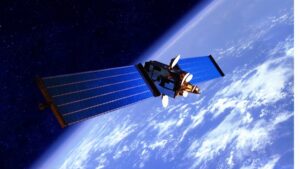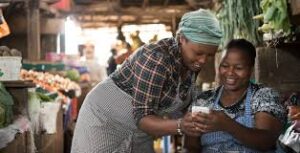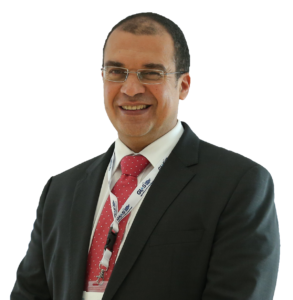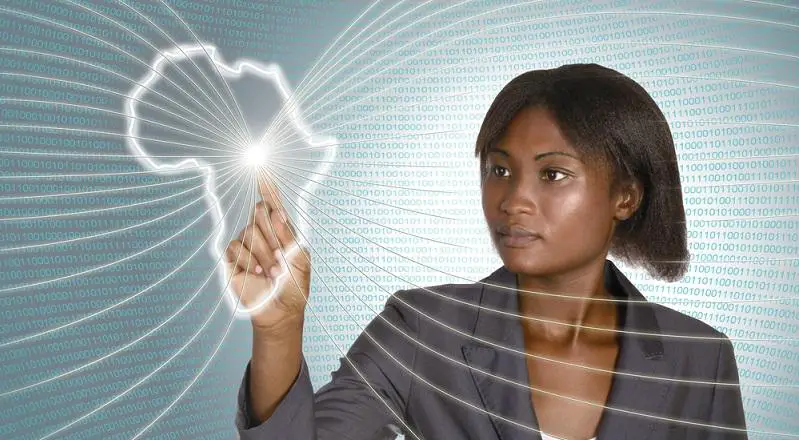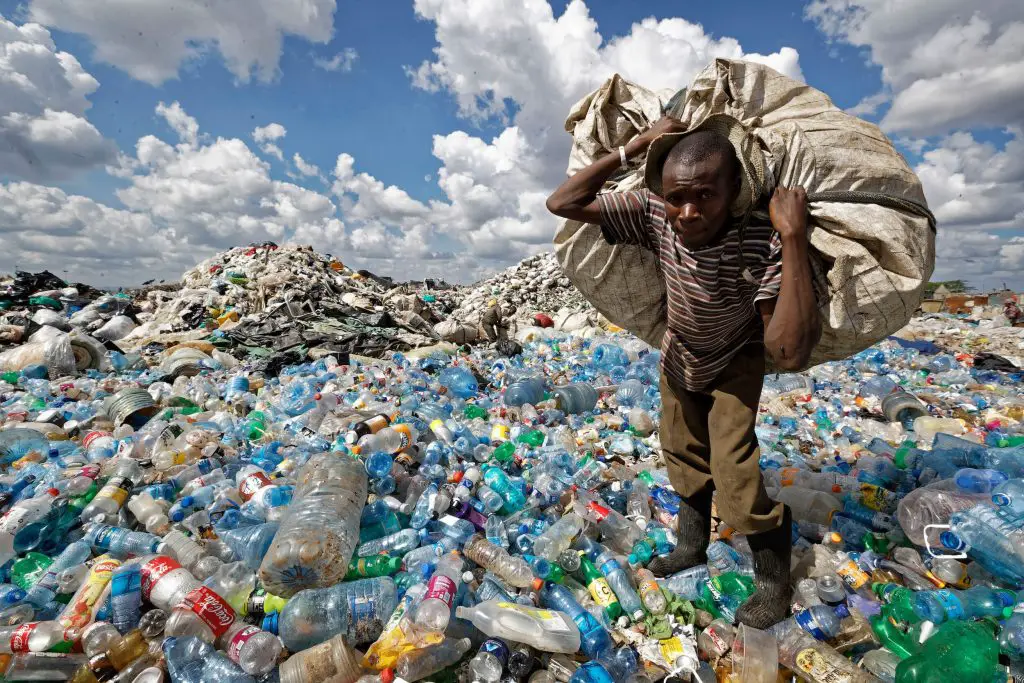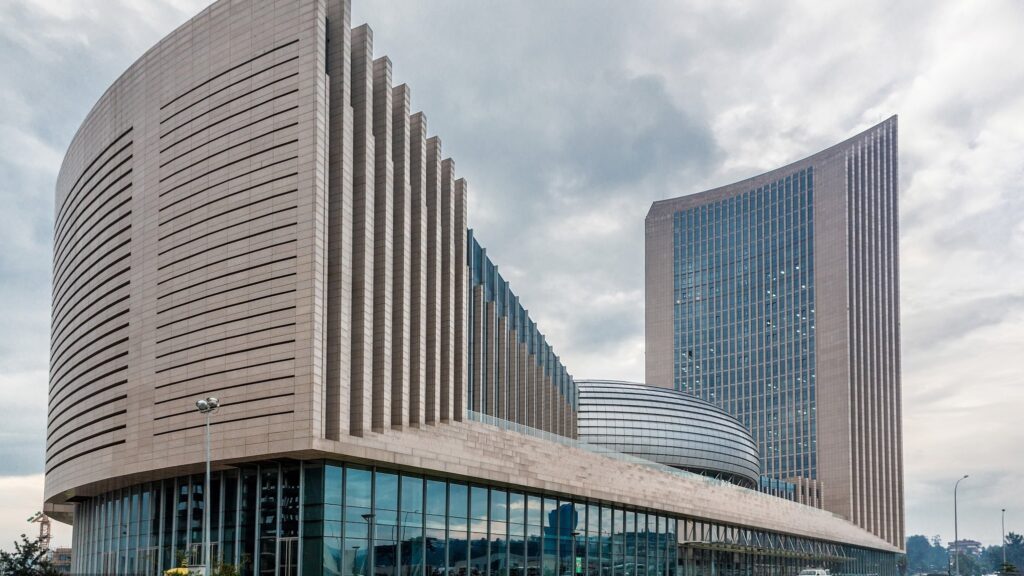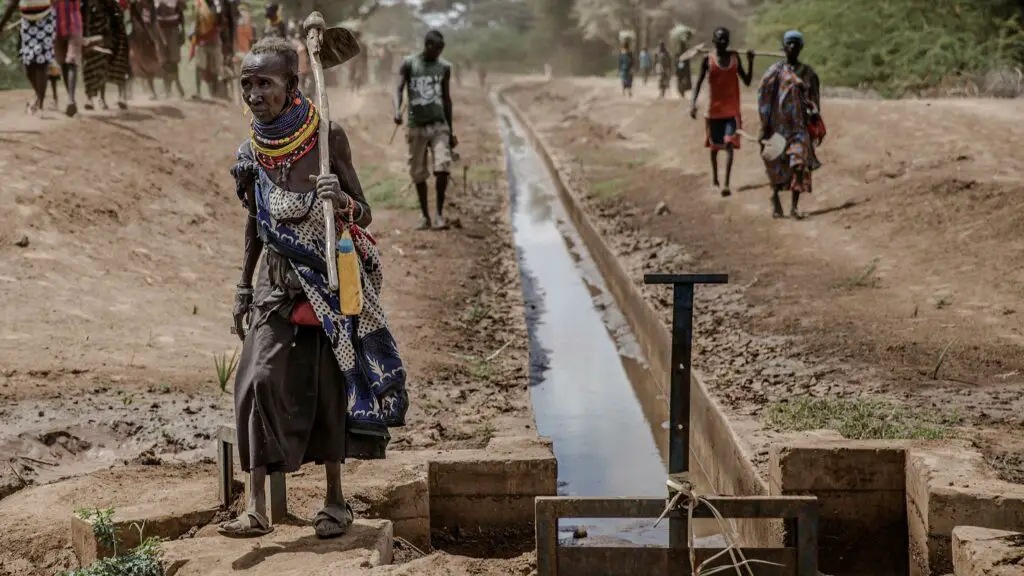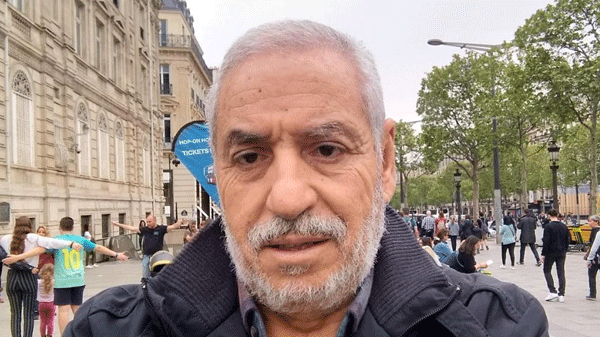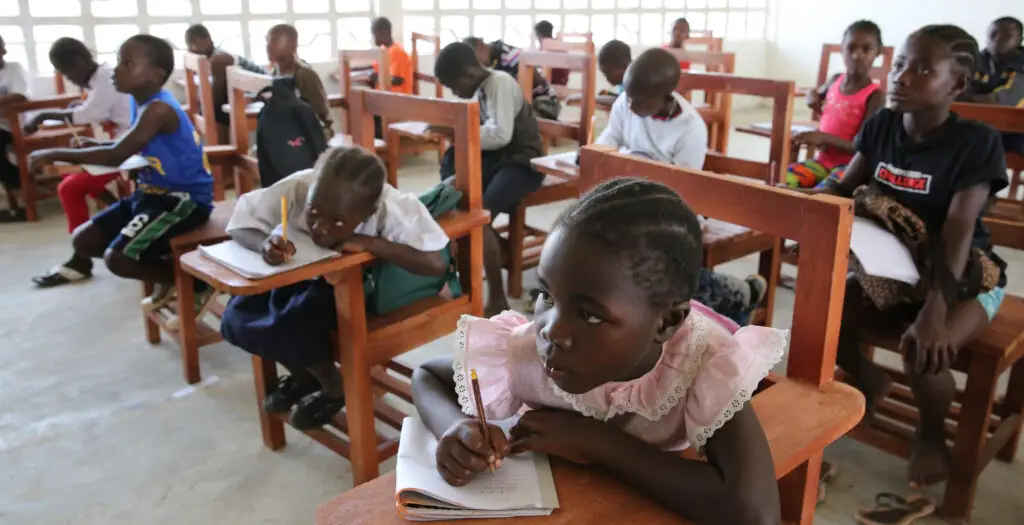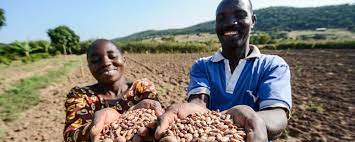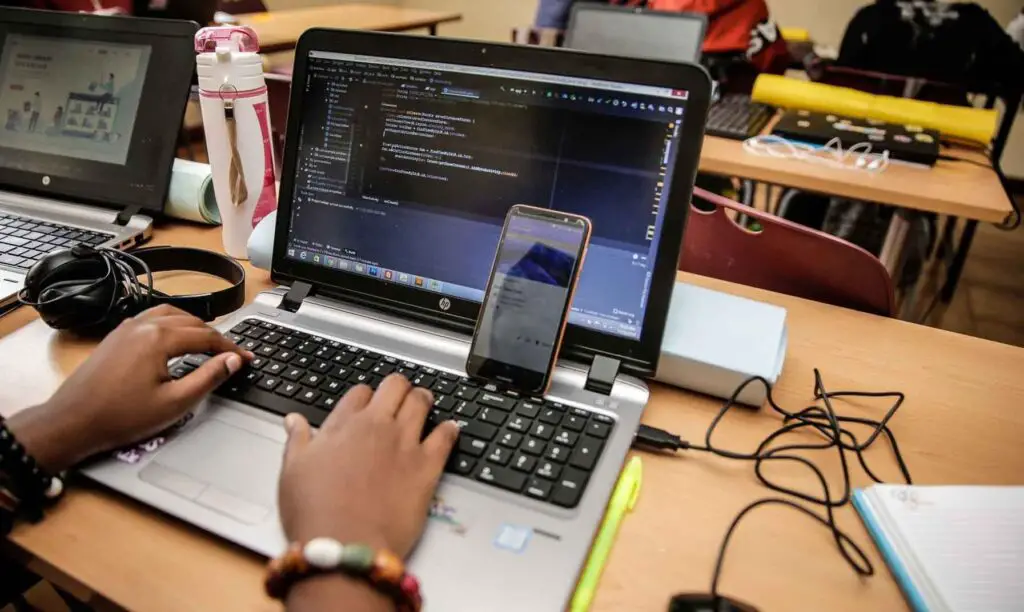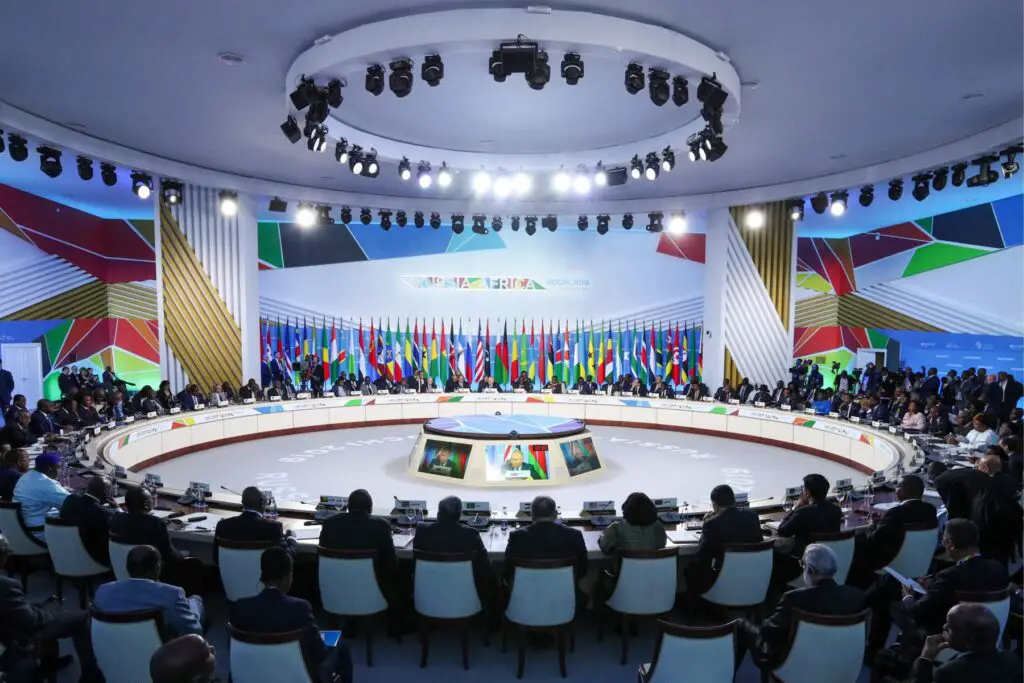- SpaceX offers Starlink kit at half price for first-time Kenyan customers
- Mobile Banking Reshaping the Gender Gap in Financial Inclusion
- Unleashing ideas: AIM Congress sets the stage for over 450 dialogue sessions
- Abu Dhabi welcomes over 330 partners for AIM Congress 2024
- Kenyan Farmers Receive $2M Boost from Africa Fertiliser Financing Mechanism
- Brace for High Interest Rates for a Longer Period World Bank Warns Kenya
- Kenya-Ethiopia Trade Relations: Legislators Advocate for Policy Alignment to Boost Ties
- Visualising the state of debt in Africa 2024
Browsing: Africa
A report by The Women in Tech Africa Summit 2019 showed that despite receiving 50 per cent less venture capital funding, global technology firms led by female entrepreneurs typically achieve a 35 per cent higher return on investment than those managed by men.
In the first half of 2021, African startups raised US$1.19 billion. However, female CEOs raised just 14 per cent of the financing, up from 2 per cent for the same period in 2020.
The African Development Bank puts the funding gap for women entrepreneurs in Africa at US$42 billion.
This should encourage more investors to take a gamble on women-led businesses in Africa’s tech space as they offer promising returns.
Women in tech on the continent not only drive significant development in the African tech space, but they also simultaneously inspire young girls venturing into tech across the continent to do the same. …
Conservation, biodiversity protection, resource efficiency, consumption patterns, climate mitigation and adaptation, employment development, as well as poverty alleviation, are all emphasized in three resolutions.
According to a resolution on minerals and metals, solutions should be developed to increase the environmental sustainability of these products over their whole existence.
Protect, conserve, restore, and sustainably use lakes while incorporating them into national and regional development plans are the goals of the resolution on sustainable lake management.…
Last year, the African Continental Free Trade Area (AfCFTA) launched opening up the continent’s 1.3 billion people-strong market. The AfCFTA focuses on increasing intra-African trade which is very low on the continent.
Trade between African countries is limited and is worsened by language barriers and the lack of harmonised payment settlement systems. These challenges are some of the hurdles that the AfCFTA is meant to address.
In addition, the treaty proposes more value addition of resources produced in Africa before exporting them outside the continent. The extractives industry in Africa has suffered immensely from the sale of raw products which denies the continent the opportunity to create jobs that could help address the incessant poverty.
Africa is emerging from the pandemic-induced recession. …
Climate change in Africa costs a lot, and climate extremes hit the region hardest. Between 2014 and 2018, roughly $5 per year, a person was the adaptation funding to each African – standing on less than $5.5 billion per year (World Economic Forum).
It is more than fair to say without financial support, climate change will probably push Africa’s impoverishment to a whole new level, as millions of Africa might be into extreme poverty by 2030.
The latter proves Africa to be at a relatively disadvantageous position as it contributes the least to global emissions and climate change. Yet, it receives minor financial support towards adaption.
READ: COP26 All Talk, No Walk
The previous 26TH United Nations (UN) Climate Change Conference of the Parties (COP26), dubbed “the world’s best last chance”, provided the global stage with failure.
Despite promising to double funding, high-income countries (and high global emitters) failed …
While Russia’s preferred visions and modes of action in the Maghreb seem to be fairly well identified, the perceptions and expectations, but also the possible reservations on the Maghreb are more rarely expressed by the leaders of these countries and little-studied at the academic level.
Perhaps we should look at this, as far as the powers that be are concerned, a concern for discretion regarding the sensitive aspects of this foreign policy component – this is particularly true for Algeria – an area on which they generally communicate little and for the academic research community in North Africa, a lack of knowledge related to the history, geography and culture of contemporary Russia.
If there is undoubtedly, on the Maghreb side and with important nuances from one country to another, a manifest interest in a development or a deepening of the partnership with Moscow, questions may remain about Russia’s objectives, especially …
Pyypl uses advanced Artificial Intelligence (AI) and Machine Learning (ML) for regulatory compliance, Anti Money Laundering (AML), and Counter-Terrorism Financing (CTF).
The platform also conducts real-time Politically Exposed Persons (PEP) and sanctions (both country and individual) screening against the latest and historical UNSC, USDT, FATF, OFAC, and EUCFSF records, as well as all local databases.
Fintech startups in Africa have continued to gain a lot of attention from investors who have been pouring billions of dollars to support the industry. …
- Learning poverty is costing African young learners dearly
- Median international school fees in Africa span from US$4000 to US$10000 in Africa
- Free education in Africa is now available across most countries.
Education is the most valuable investment any country can have, but the COVID-19 pandemic places this priceless activity in a rather unprecedented position, threatening the fate of the next generation.
Various numbers and figures make the latter clearer. According to International Schools Database, Median international school fees in Africa span from US$4000 to US$10,000 in Africa. According to a 2020 based study on 14 countries, the average spending mark on education in Africa was 4.77 per cent.
Out of 53 countries, at least more than 40 provide free education to children in Africa. These numbers are a glimpse of how education is crucial to developing economies, Africa to be specific.
Read: World Bank invests in East Africa’s vocational education…
So now the government through its Ministry for Agriculture has decided to take action to increase domestic production of edible oils. To do this, the government has developed several strategic approaches including upgrading peasant technology.
This initiative fits into the country’s overall industrialization initiative that targets mainly agricultural mechanization. By increasing funding for the set up of factories and smaller production plants, Tanzania is able to increase its output of edible oils.
However, the country needs to increase seed production hand in hand with increasing its value chain capacity. This is where the Tanzania Agricultural Research Institute (Tari) based in Dar es Salaam comes in. A globally-renowned research institute that develops hybrid seeds among other agricultural research works.…
Taking into account the 2022 International Day of Women and Girls in science; it’s imperative to assess the state of Africa’s water security which needs to be urgently addressed.
Africa is bearing the brunt of the climate change crisis, yet had no hand in its creation only contributing a paltry 4 per cent of the global greenhouse gas emissions; spelt by the numerous natural disasters from floods, drought and famine, locust infestation to tropical cyclones, which have put significant water stress in the continent.
In a series of initiatives, African leaders are spearheading strategies for resolving the quandary pertinently its impact on Africa’s water security and sanitation. Nearly 63 per cent of urban areas in Sub-Saharan Africa lack access to basic water and sanitation.…
Apart from the absence of a public strategy for the continent, there is a lack of coordination among various state and para-state institutions working with Africa.
Despite the growth of external players’ influence and presence in Africa, Russia has to intensify and redefine its parameters. Russia’s foreign policy strategy regarding Africa has to spell out and incorporate the development needs of African countries.
Unlike most competitors, Russia has to promote an understandable agenda for Africa: working more on sovereignty, continental integration, infrastructure development, human development (education and medicine), security (including the fight against hunger and epidemics), normal universal human values, the idea that people should live with dignity and feel protected.…
